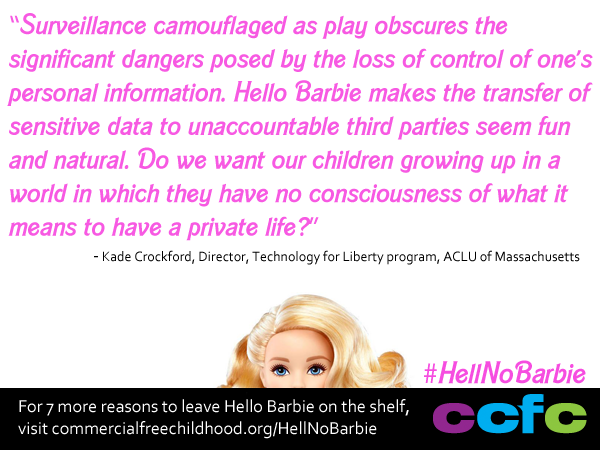What’s on your mind this weekend, Bleeding Heartland readers? This is an open thread: all topics welcome.
Arguments over the appropriate U.S. response to refugees from Syria were a hot topic this week in personal conversations as well as in the news media. I saw some longtime friendships strained over heated Facebook threads about the question. Governor Terry Branstad’s order “to halt any work on Syrian refugee resettlements immediately in order to ensure the security and safety of Iowans” provoked commentaries in several major newspapers and an unusually strong statement from Iowa’s four Catholic bishops.
The U.S. House vote to in effect stop the flow of refugees from Syria and Iraq generated passionate comments from supporters and opponents of the measure. Dozens of Iowans expressed their disappointment on the thread under Representative Dave Loebsack’s official statement explaining his vote. In an apparent response to negative feedback from progressives, Loebsack’s Congressional campaign sent an e-mail to supporters the following day, trying to distinguish his position on refugees from the Middle East from that of many Republicans, and assuring that “we will not turn our backs on those in need.” (Scroll to the end of this post to read that message.)
Calls by some politicians to admit only certifiably Christian refugees from the Middle East triggered strong emotions in many American Jews this week. I saw it on my social media feeds, where many people reminded their non-Jewish friends and acquaintances that the U.S. turned away a ship carrying hundreds of Jews fleeing Nazi Germany in 1939. The United States Holocaust Memorial Museum issued a rare statement on a political matter (enclosed below), urging “public figures and citizens to avoid condemning today’s refugees [from Syria] as a group.”
I’ve seen many people object to that analogy, saying reluctance to admit Syrian refugees is grounded in legitimate fears for public safety, unlike the prejudice that influenced U.S. immigration policy during the 1930s. But as historian Peter Shulman explained in this commentary for Fortune magazine,
Opposition to Jewish refugees was not simply timeless bigotry. With today’s talk of “Judeo-Christian” values, it is easy to forget the genuine alienness and threat to national security these refugees represented. […]
Behind these [1939 poll] numbers [showing widespread hostility toward Jews] lay a toxic fear of Jewish subversion. For decades, Jews had been linked to various strains of un-American threats: socialism, communism, and anarchism, of course, but also (paradoxically) a kind of hyper-capitalism. Many believed that the real threat to the United States lay not from abroad, but within.
One author of a recent letter to the Des Moines Register called for vetting Syrian refugees at the U.S. facility for holding suspected terrorists at Guantanamo Bay: “My Irish ancestors went through a similar process at Ellis Island. The vetting procedure was very different for them. They were checked to be sure they weren’t carrying diseases into America. We need to be sure that the refugees coming into our country don’t come with a mind disease goal of killing us, instead of seeking a new life for themselves, like my Irish ancestors did.” Here’s some news for letter-writer Janet Boggs: when the first large waves of Irish ancestors entered this country during the 1840s and 1850s, many native-born Americans considered them and other Catholic immigrants an existential threat to this country, not harmless migrants seeking a better life. Read up on the Know-Nothing Party.
Today’s Sunday Des Moines Register includes a letter to the editor from Republican State Representative Steve Holt, who thanked Branstad for making “the safety of Iowans” his priority. Holt warned, “If we expect Western civilization to survive, we must abandon political correctness and educate ourselves on the realities of Islam, and the instrument of its implementation, Sharia law.” Holt represents half of GOP State Senator Jason Schultz’s constituents in western Iowa; Schultz has been beating the “Sharia law” drum for months while agitating against allowing any more refugees from the Middle East to settle in Iowa. UPDATE: I should have noted that today’s Register also ran a letter to the editor from Democratic State Representative Marti Anderson, who made the case for welcoming refugees. I’ve added it after the jump.
Speaking of security risks, yesterday Ryan Foley reported for the Associated Press on questions surrounding the threat assessment teams many universities formed after the 2007 mass shooting at Virginia Tech. I didn’t know that the University of Iowa sent “a detective with the campus threat assessment team” to a fake news conference communications Professor Kembrew McLeod organized in August to poke fun at efficiency measures outside consultants recommended for Iowa’s public universities. I had forgotten about the lawsuit stemming from false accusations that a whistleblower employee in the Iowa State College of Engineering’s marketing department might be a “potential terrorist or mass murderer.” Officials spreading such rumors about the employee included the former boss whose shady conduct he had exposed. Excerpts from Foley’s article are below, but click through to read the whole piece.
Continue Reading...




